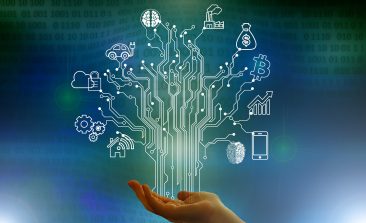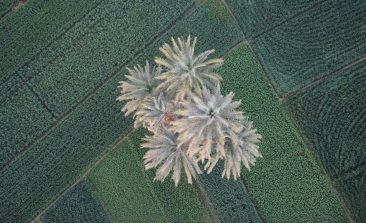Corporate Digital Responsibility (CDR): Strategies for Digital Sustainability
What does CDR mean, how does it differ from CSR and how does it make companies more sustainable? RESET reveals the secret of digital self-responsibility!
3D Samples Could Be the Answer to Fashion’s Waste Problem
3D samples could reduce waste in fashion's supply chain, cutting emissions from this highly polluting industry.
Donate Phones and Save Lives: “Wir Packen’s An” Collects Old Smartphones for Refugees
Instead of lying in a drawer, your old mobile phone could help people on escape routes. The "Wir packen's an" association reveals how this works.
What’s the Carbon Footprint of Your Website?
Digital media is more eco-friendly than analogue, right? Um... not really! But there are things we can do to reduce the environmental impact of our online lives. The Website Carbon Calculator can work out the carbon footprint of any website - and gives you tips on how to make your own online presence more sustainable.
Deep Green Data Centres Heat Swimming Pools in the “Perfect Symbiotic Relationship”
Deep Green uses waste heat from its data centres to heat swimming pools, reducing their carbon emissions and keeping them afloat as energy costs soar.
Reducing Your Carbon Footprint: A How-to Guide
Discover how to reduce your carbon footprint across all areas of your lifestyle to contribute to a healthier planet.
Meet the New Sound-Powered Sensor That Could Replace Batteries
Researchers in Zurich have developed sensors using sound waves, which could save 78 million batteries per year in the EU alone.
The Klim Mobile App: Making Regenerative Agriculture Simple and Lucrative
In the Klim app, farms can record their regenerative agricultural measures. In return, they get knowledge, a community and funds to support their work.
Data Instead of Guesswork: The Great Potential of Agricultural Monitoring
Using digital methods, researchers from Egypt have succeeded in calculating the soil quality of huge areas with 32 random samples. The project shows how important monitoring is for agriculture.








